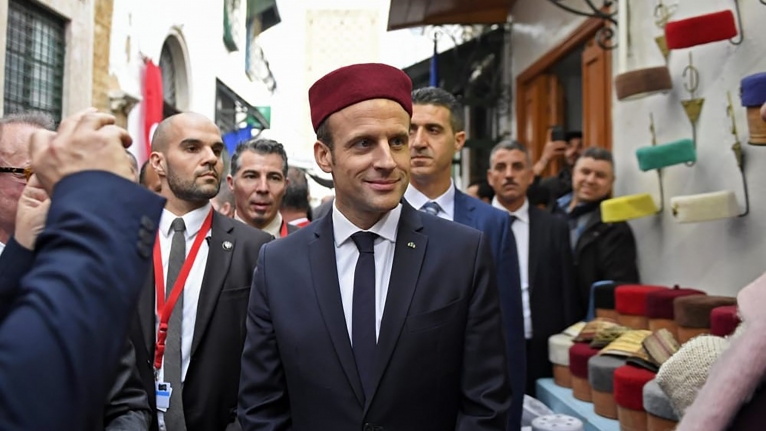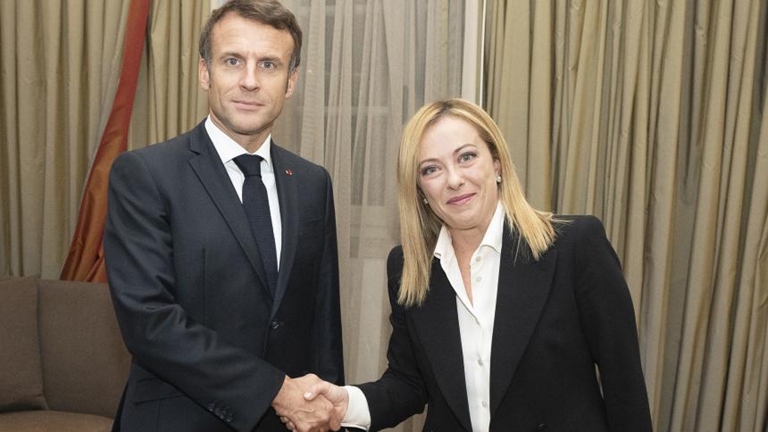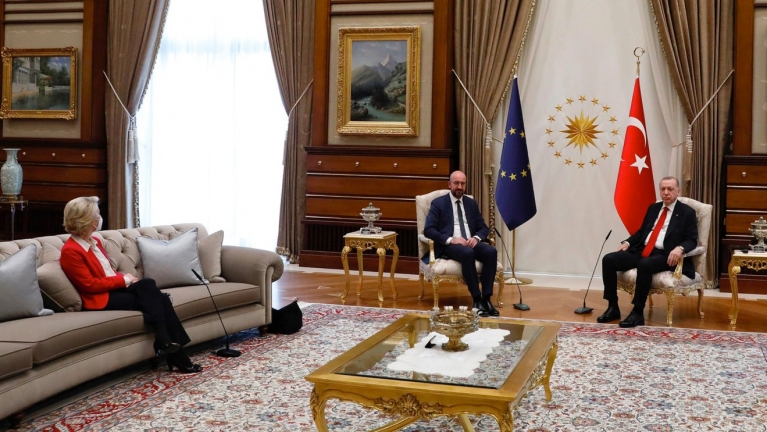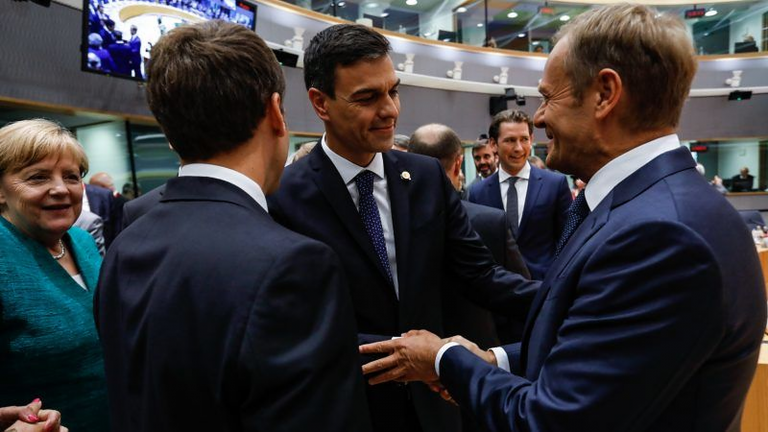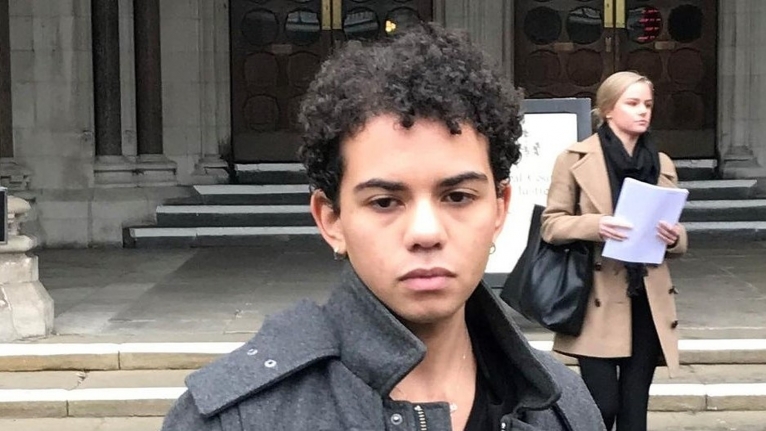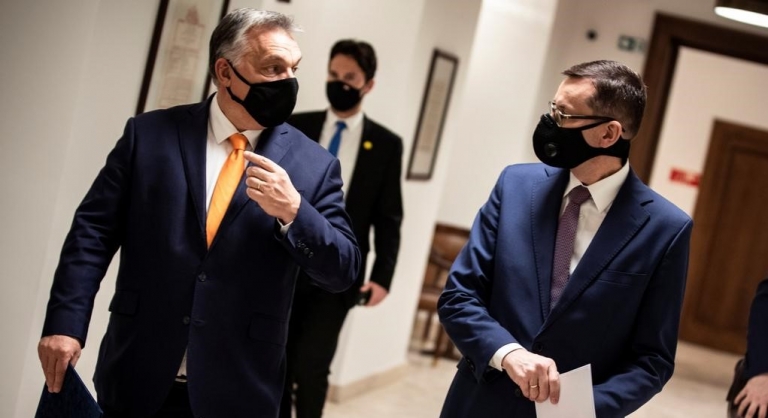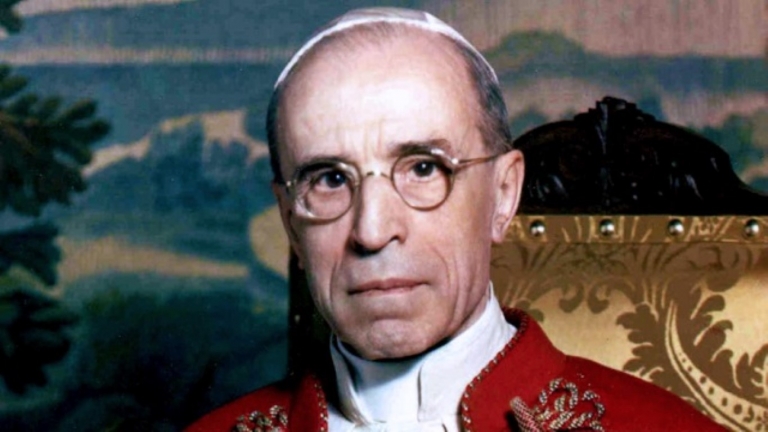He graduated in law from San Pablo University in Madrid, was an Erasmus student at Augsburg University in Germany and obtained a Master's degree in EU law (LL.M, mention très bien) in 2002 from the College of Europe Institute. He started his career as a teaching assistant at the College of Europe and after two years joined the US law firm Latham and Watkins, specializing in European competition law. He then continued his career at the European Parliament, where he worked for two years in the Legal, Market and Home Affairs section of the Spanish delegation of the European People's Party (Partido Popular). In 2008, he continued his career at the European Commission, following a successful competition that was open to the public. He started his career in the Justice DG and from 2011 he worked in the EU Home Affairs DG, where he was responsible for the external aspects of the EU's migration policy towards Morocco and sub-Saharan Africa. Between November 2014 and December 2019, he joined the Cabinet of EU Commissioner Tibor Navracsics at the European Commission, where he was responsible for primary and secondary education. His activities included the expansion of entrepreneurship education in the EU, and he was the lead organizer of the 2018 and 2019 European Education Summits. He was also responsible for liaising with the European People's Party and was a frequent speaker at debates, meetings and conferences. Since 2010, he has been a visiting lecturer in EU law at the Institut d'Etudes Politiques in Paris. He is fluent in Spanish, French and English and has a good command of German, Italian and a beginner's level of Hungarian.
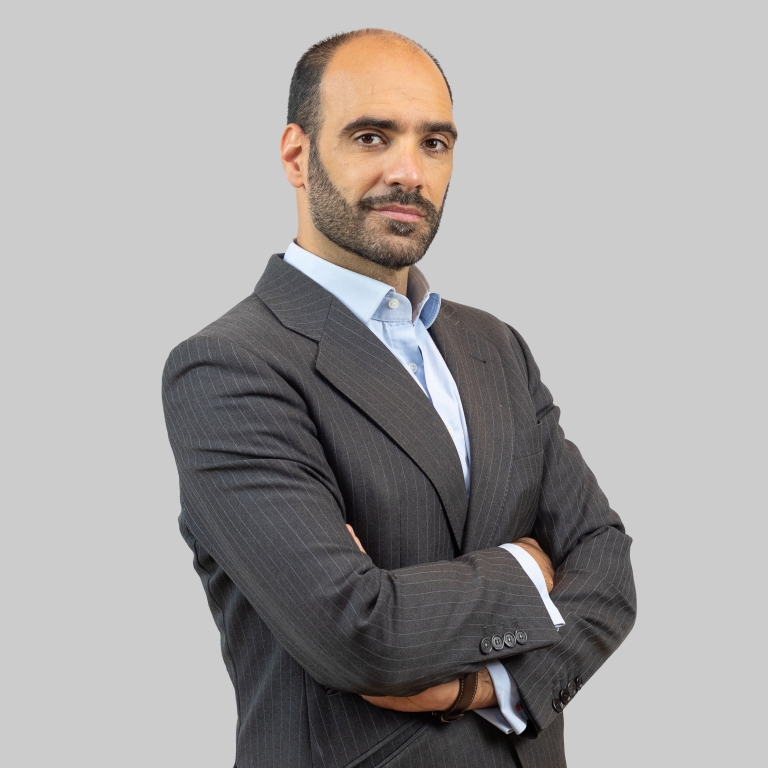
dr. Rodrigo Ballester
Head of the Center for European Studies
E-mail: Show Email
Degrees in higher education
College of Europe, Bruges - European Legal Studies - 2002
Augsburg University - Special degree in European Law as an Erasmus student - 2001
San Pablo-CEU University - Law - 2000
Collège and Lycée International des Pontonniers - Baccalauréat - 1996
Teaching experience
Institut des Sciences Politiques de Paris - Dijon Campus - Visiting Professor - 2008-2022
Universidad Europea de Valencia - Master in International Leadership and Negotiation - Professor - 2023-
Previous affiliations
European Commission - Member of Cabinet of Tibor Navracsics - 2014-2021
DG Home Affairs, European Commission - International Policy Officer - 2011-2014
DG Justice, European Commission - Policy Officer in the field of Fundamental Rights - 2008-2011
Institut des Sciences Politiques de Paris - Visiting Professor - 2008-2022
European Parliament - Adviser to the Spanish delegation of the European People´s Party - 2006-2008
Scholarships/grants
Spanish Foreign Affairs Ministry - Study at the College of Europe in Bruges - 2001-2002
Spoken languages
spanish - native
french - native
english - professional
german - intermediate
Research topics
European Union
Migration
Radicalization
Education
The EU in the world: irrelevant or indispensable, interests vs values, vector or shield of globalisation?
Students will learn about the competences and importance of every EU institutions that is active in the decision making process, hence: the Commission, the European Parliament, the European Council and the Council of Ministers. In a second stage, they will learn how those institutions interact to produce European legislation. As a result, t hey will identify by themselves what are the most influential EU institutions. Finally, they will put their knowledge into practice through a practical case (a simulation of vote in the Council of Ministers).EU Migration policy: To move or not to move, that is not the only question
This course will enable students to understand all the steps of the migration process, from the situation in countries of origin and demographics to the integration (or lack of it) of the third and fourth generation of migrants, including border management and asylum. The course will also cover the free movement of European citizens within the EU. Students will debunk several myths surrounding migration. We will welcome one or two external speakers.Who is the boss of the European Union?
Sessions of 90 minutes for 10 weeks, in English. The aim of the course is to give students of different backgrounds an accurate understanding of the of the European Union while also elaborating their own point of view, train them to work under pressure with short deadlines, improve their oral expression in English and their negotiating skills.)Applying for an international job: Do's and Dont's
Through mock interviews and a focused course on improvement strategies—including CV preparation—students gain valuable insights into interview etiquette, key points to highlight, and topics best avoided. They then have the opportunity to apply their newly acquired knowledge in a follow-up interview.Featured publications
60 years of European Construction, 30 years of the Erasmus Program: lessons learned and future perspectives of the European Union’s educational policy
In: Journal of Supranational Policies of Education, extraordinary edition (2017)
State Aids: specificities of the new Member States, chapter 16 in “Modernisation and Enlargement, two major challenges for EC Competition Law” ed. Damien Géradin,
In: Massimo Merola - Intersentia (2005)
Featured research
Featured corvinas
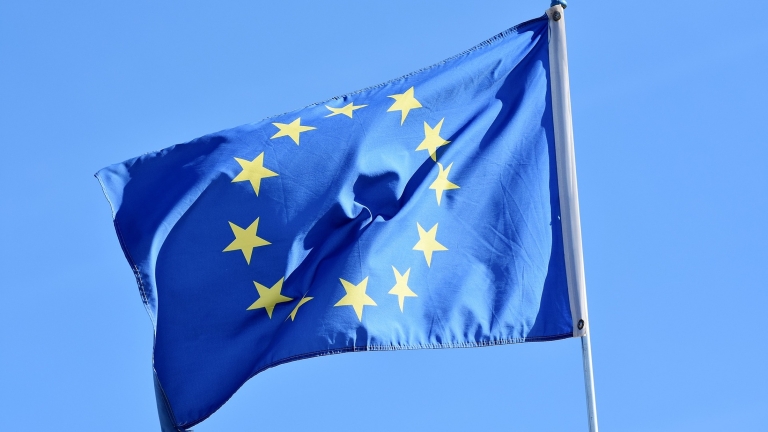
Another Europe is emerging from the rubble of the Brussels techno EU, but when will the world really change?

Behind QatarGate: the octopus of Islamist infiltration into the European Institutions
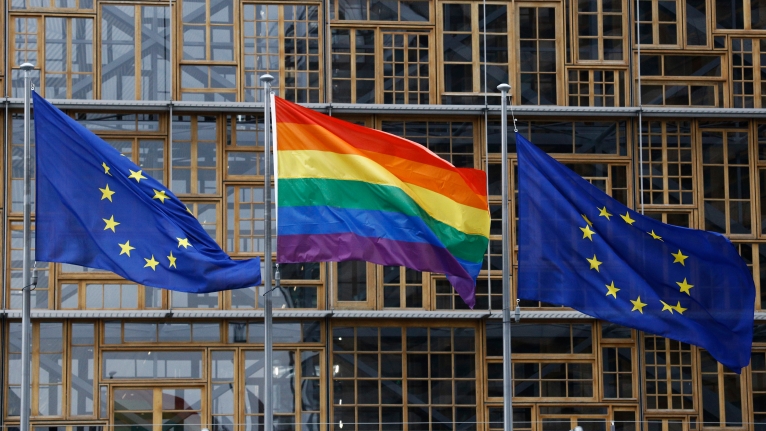
Hungarian law on the protection of minors vs. European Commission: chronicle of a clash foretold?
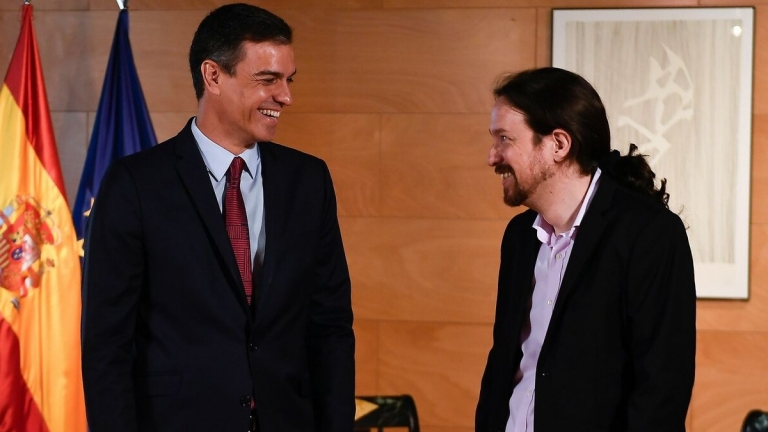
While Spain gently sinks - salami tactics at the shade of the pandemic
